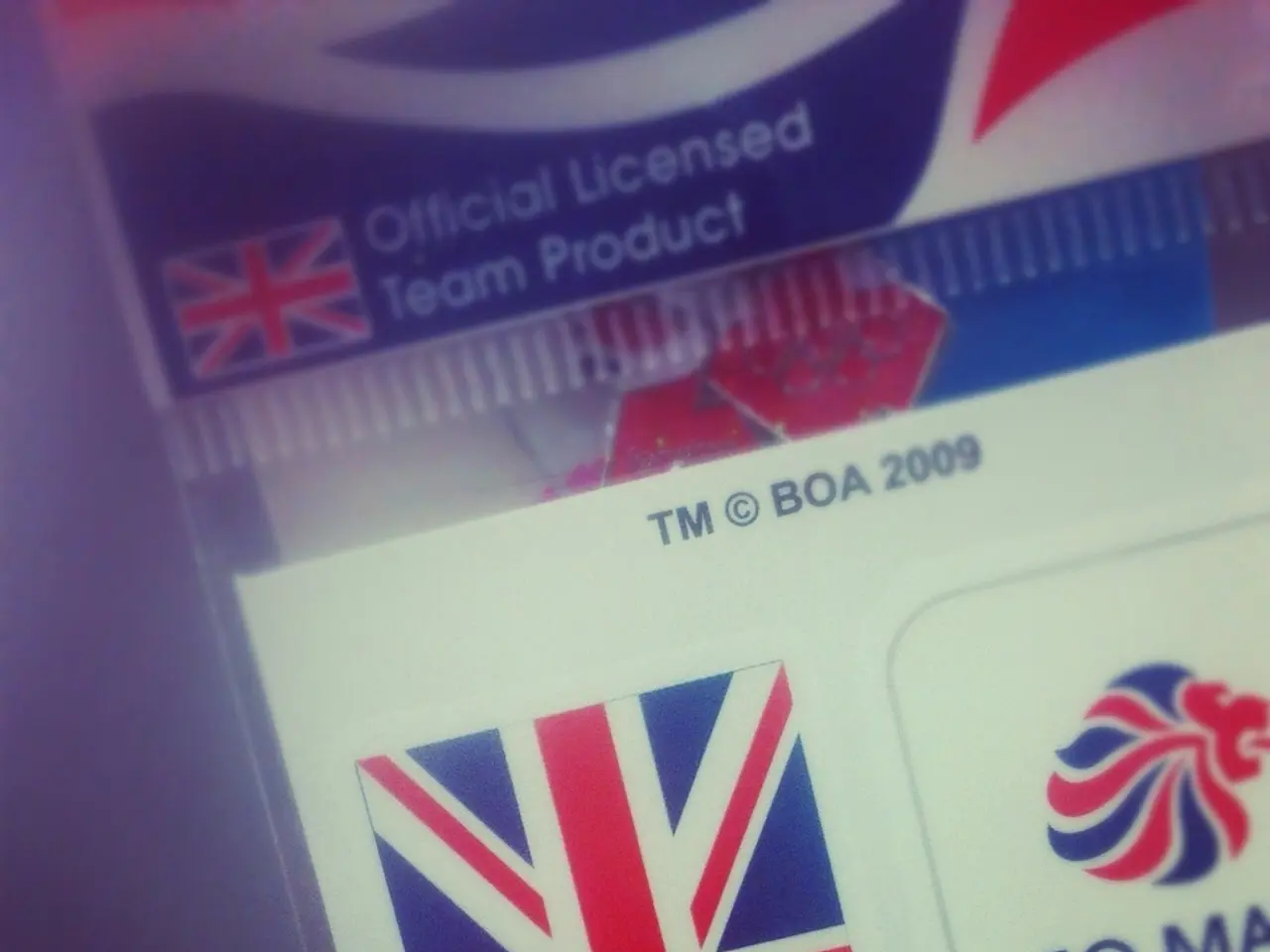Fintech Company Revolut Encountering Obstacles in Transition to Banking Sector
Revolut, the UK's most valuable fintech company, currently operating as an e-money unit, is considering a strategic move to acquire a U.S. bank. This acquisition could help Revolut overcome the challenges and concerns faced in its transition into a bank, particularly the issues that have dogged its banking transition.
The acquisition deal is being considered as a means to expedite Revolut's entry into the U.S. market, bypassing the lengthy banking charter application process. The deal could substantially increase Revolut's valuation, currently at $45 billion, and provide a substantial new customer base in the U.S.
Revolut's delay in becoming a fully fledged UK bank has been due to difficulties in completing regulatory mobilisation within the 12-month interim phase, compounded by its large customer base and complex operations. It has not yet obtained permission for consumer credit services in the UK, further stalling full banking functionality.
Compliance and fraud prevention demands linked to the full banking licence are critical factors regulators are scrutinising before granting final approval. The need to enhance controls to satisfy regulatory expectations fully is evident.
While no specific fraud incidents have been reported, given regulatory caution, compliance and anti-money laundering (AML) readiness appear central to the delay. The implication is that Revolut must address these concerns fully to secure regulatory approval.
Despite the challenges, Revolut continues to grow, with over 10 million customers in the UK and operating in over 40 countries. The acquisition could potentially help Revolut become a fully regulated bank in the U.S., a real possibility in its global expansion strategy.
The acquisition could also provide funds for global expansion, as Revolut eyes a transition into a bank in the U.S. The U.S. bank Revolut aims to buy must already hold a U.S. banking license. Last year, Revolut had a higher number of fraud complaints than traditional UK lenders like Barclays, but the fraud incidents were mostly automated push payment frauds.
It is worth noting that Revolut's UK customers are not protected by the Financial Services Compensation Scheme, unlike traditional UK banks. However, Revolut is prioritising regulatory approval over meeting arbitrary deadlines, indicating ongoing work with UK regulators to satisfy all requirements.
In conclusion, Revolut's acquisition of a U.S. bank could be a strategic move to overcome regulatory hurdles and expand globally. The deal could help Revolut become a fully regulated bank in the U.S., providing a substantial new customer base and funds for global expansion. However, addressing compliance and fraud prevention concerns will be crucial to securing regulatory approval.
Investing in a U.S. bank through an acquisition could assist Revolut in its global business expansion by providing a chance to bypass the lengthy banking charter application process and become a fully regulated bank in the U.S. Such a move could substantially increase Revolut's customer base in the U.S. and generate funds for further global investing.




